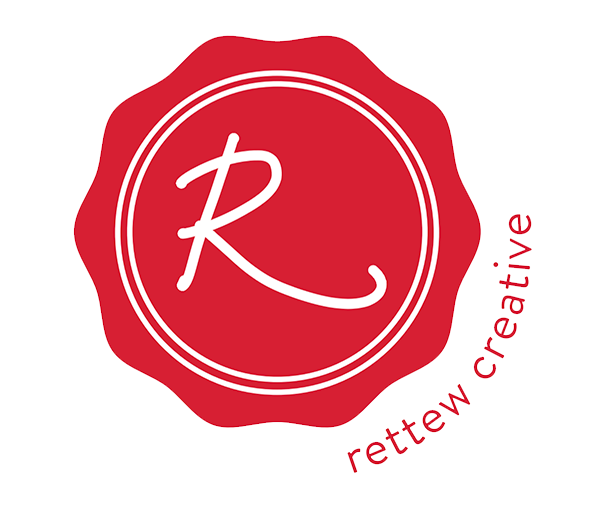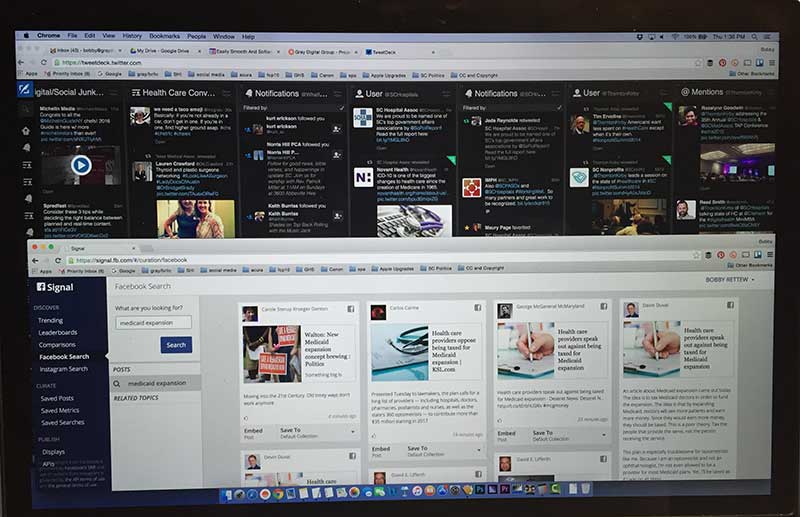Community Management/Managers: Do we take ourselves too seriously?
I have always been caught in this dilemma…when it comes to managing a brand’s community or community within a brand, what is best for the community? Who should be really managing the community? One with experience with the Message? Community Management? Social Media Management? Brand Management? The actual brand employee(s)?
From the agency side, the business model says that it is the best interest of the agency to stay tightly woven into the community so that the brand can purchase the expertise of a community manager.
From the brand side, is it the best interest of the brand (and the community they are supporting) for the community manager representing a digital agency…to manage the day-today operations of the community voice?
From the community side, do they really see the community manager on a regular basis and is possible for that community manager (paid by a digital agency) to mange the best interests of that community?
Interesting questions to consider, and there are probably many, many more! I think we are always surrounding ourselves with these questions, especially those who take community management very seriously. These are the ethics we live in daily and continue to have long-term conversations/questions/thoughts when growing and sustaining communities.
Now…I hope you notice I have not mentioned that these communities are online? Maybe? It has always been my position that the technology is an extension of a vibrant community, yet the digital landscape can foster connection and create a platform for rich engagement.
I have found myself many times for large health care groups called into a crisis situation (or shift in internal resources) to take over management of a community. I typically resist (I say this with caution) the notion of getting into granular position of posting on behalf of the brand. But, I have made a few exceptions.
One recently, I managed South Carolina Hospital Association online, social communities for a few months during a transition from one community manager to the current team management approach. In that process, I candidly told them I did not want full control long-term of this community, that in order to foster long-term success…I would need to train their staff and hand back over the day-to-day operations of the community. The only reason I agreed to take over day-to-day management is because I completely understood and knew their messaging, their communities, and their politics extremely well. I knew what public policy statements were off limits and how to truly advocate on behalf of the hospitals messages. I also knew the community very well when management online conversation, what healthcare policy advocates would emerge…especially in a state where Affordable Care Act, Obamacare, Medicaid, Medicaid Expansion, and other topics were volatile hot topics.
I have helped build large digital/social media ecosystems with healthcare groups (hospitals), advocacy based non-profits in the healthcare space, and very small affinity groups inside secret Facebook groups for patient support. I understand HIPAA and the constraints of engaging patient conversation online.
I work with a great person who managed the Livestrong Foundations’ Community during Lance Armstrong’s departure and very public situations from the Oprah interview to when he finally admitted to the board, staff, and survivors he had been lying the whole time. Brooke McMillan’s case-study is absolutely amazing how they managed millions of fans online during a very public situation.
She and I debate all the time, what is the role of community manager who works for an agency and supports online communities for brands. This debate, discussion, conversation is one that I think is emerging more and more given the velocity of conversations online as brands try to reconcile real time situations.
At the end of the day, I am a teacher. Yes…I am a storyteller and as a part of what I do, I have to truly live inside a brands messaging. To create video, copy, content, narratives, engage social communities…we must truly understand narratives. But as a former journalist, we must find the parallels as journalist do everyday…who cuts the paycheck and does it best represent the community we are trying to engage?

